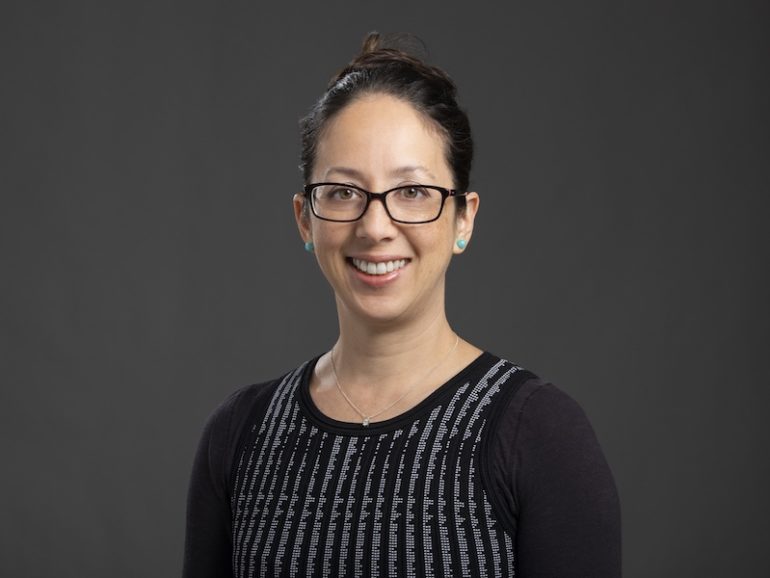We asked alumna Sarah Kemble ’93, deputy state epidemiologist for the State of Hawai‘i, for tips to keep children and teenagers healthy this summer, with the coronavirus pandemic still taking place. Here are her suggestions:
What advice can you offer parents to help families stay healthy this summer?
Think smart and stay safe. As the State reopens, it is essential to think about how to maintain physical distancing in all activities. Minimize close, prolonged contact with people outside of your household, and wear a face covering when in public spaces where you may come in contact with others. Remind children and other family members to wash hands frequently, and avoid touching their faces, especially with unwashed hands. If students are participating in summer activities, follow guidelines provided by the activity instructors.
How should parents be managing invitations for things like playdates and birthday parties this summer?
As much as possible, stick with the same “‘ohana bubble.” While there is no absolute number of people in an ““ohana bubble” that is “safe,” smaller is better. If students are participating in a group activity for the summer (camp, summer school, organized sport, etc.), try to stick to just one group with whom they regularly interact. This might mean organizing playdates within the same activity group. Parties should be kept small. Think creatively about how to maintain social distance during any group gathering. Meeting outside, spacing out tables and chairs and encouraging attendees to wear festive masks are good ways to have fun while staying safe. Serve prepackaged foods rather than potlucks or buffets. If you can’t maintain a 6-foot distance between partygoers, take your party online.
Is it safe for kids to take part in in-person programs? What about visiting local attractions like the zoo and waterparks?
When looking at in-person programs, make sure the program has a plan to keep reasonable distance between kids and to encourage frequent hand washing. Again, try to keep your family’s interactions limited to a set group of people, or “‘‘ohana bubble.” When visiting outdoor attractions, keep six feet between your family members and other people, wear face coverings and make sure everyone washes hands before eating or touching their face, and after using the bathroom. There is no evidence that COVID-19 can be spread to humans through the use of recreational waters. Wearing a face covering when in the water is not practical or safe, so if participating in water fun, follow safe swimming practices along with physical distancing and everyday preventive practices to protect yourself and your family.

